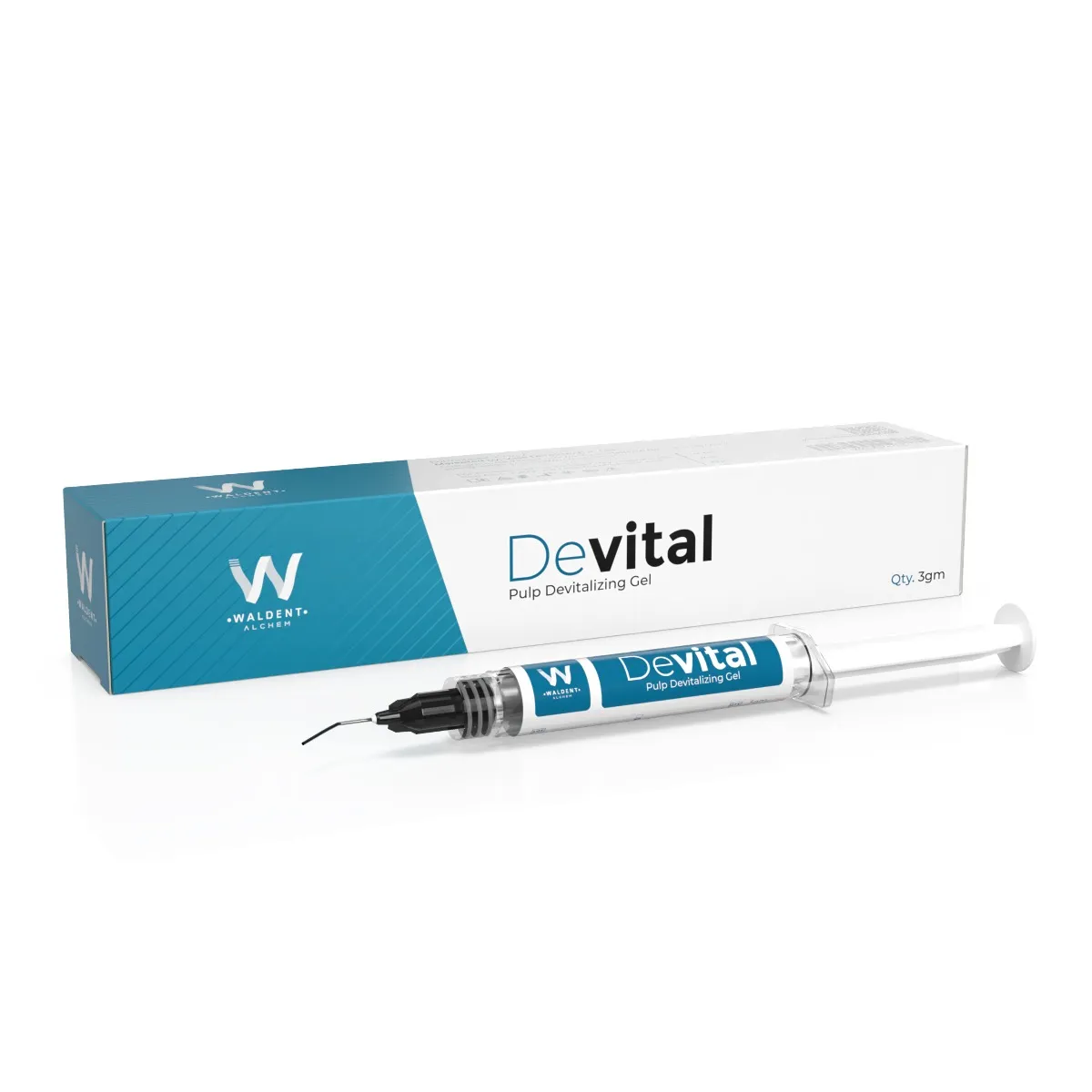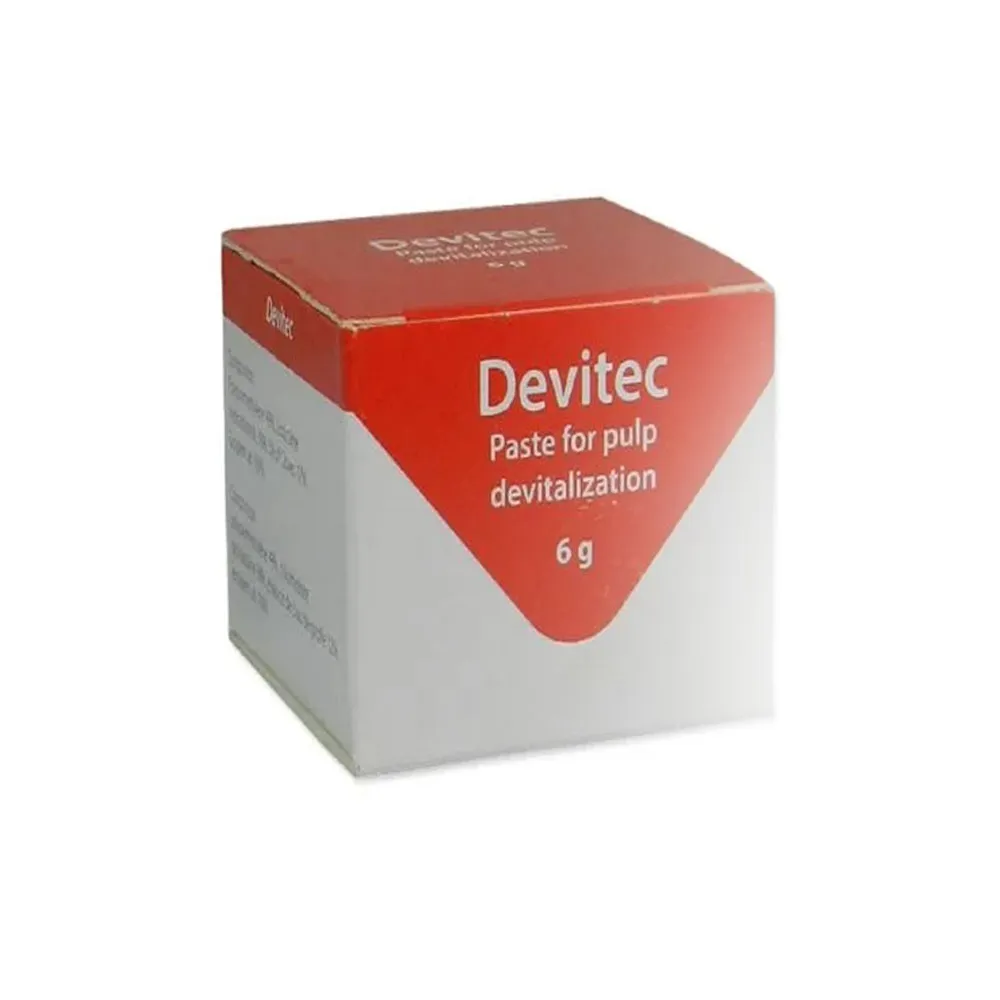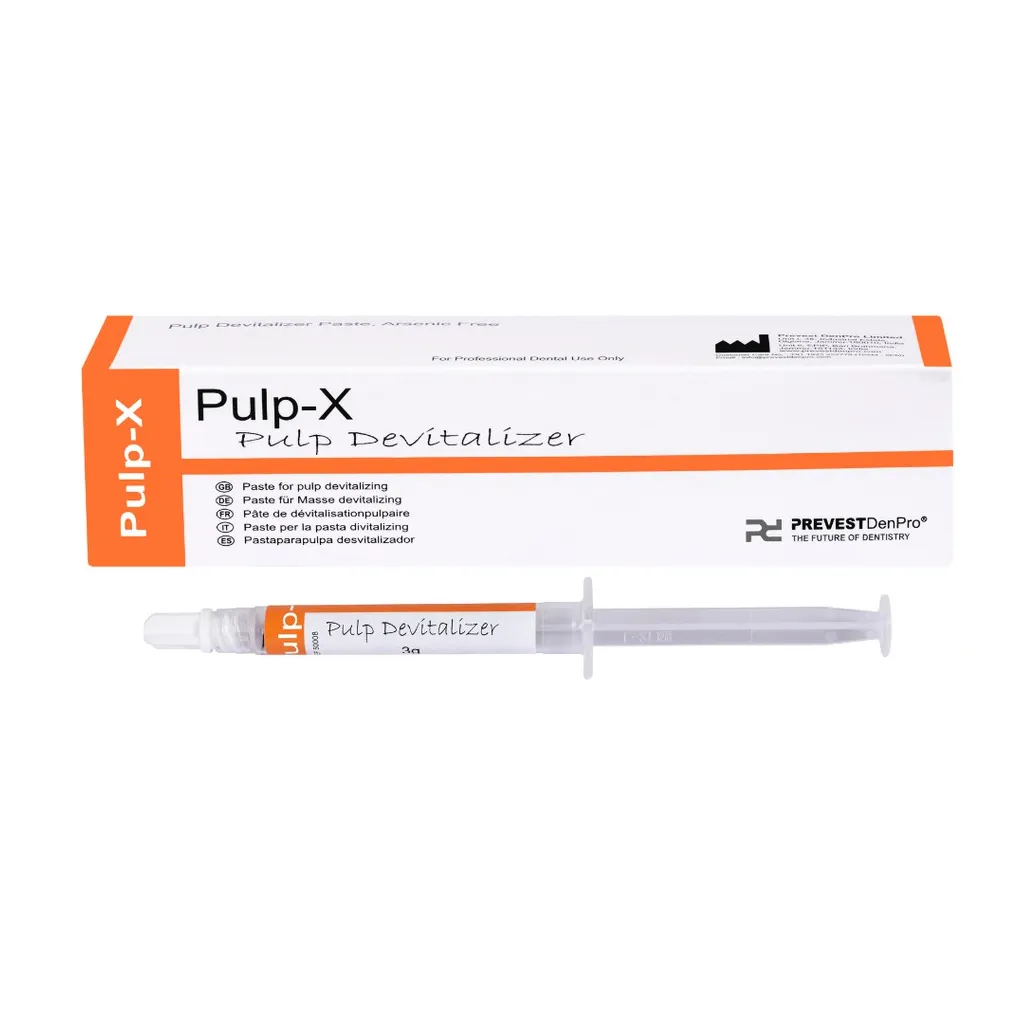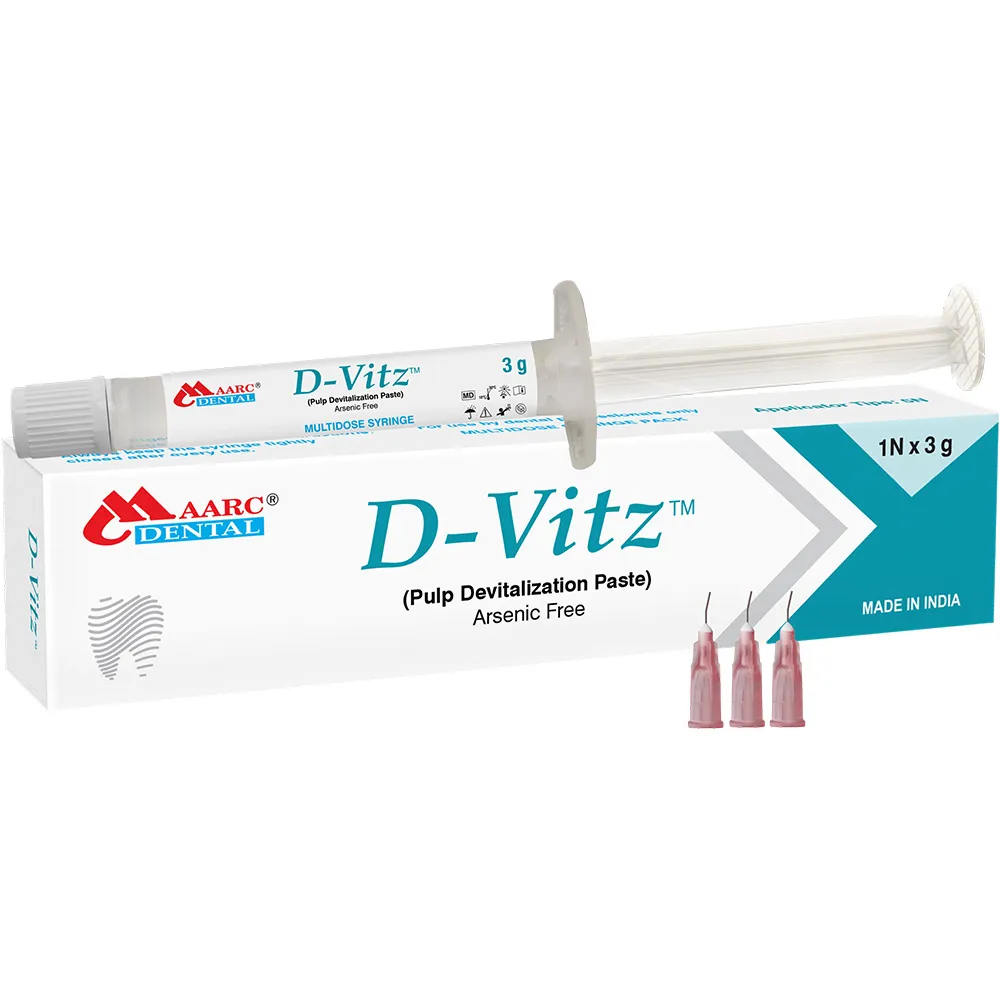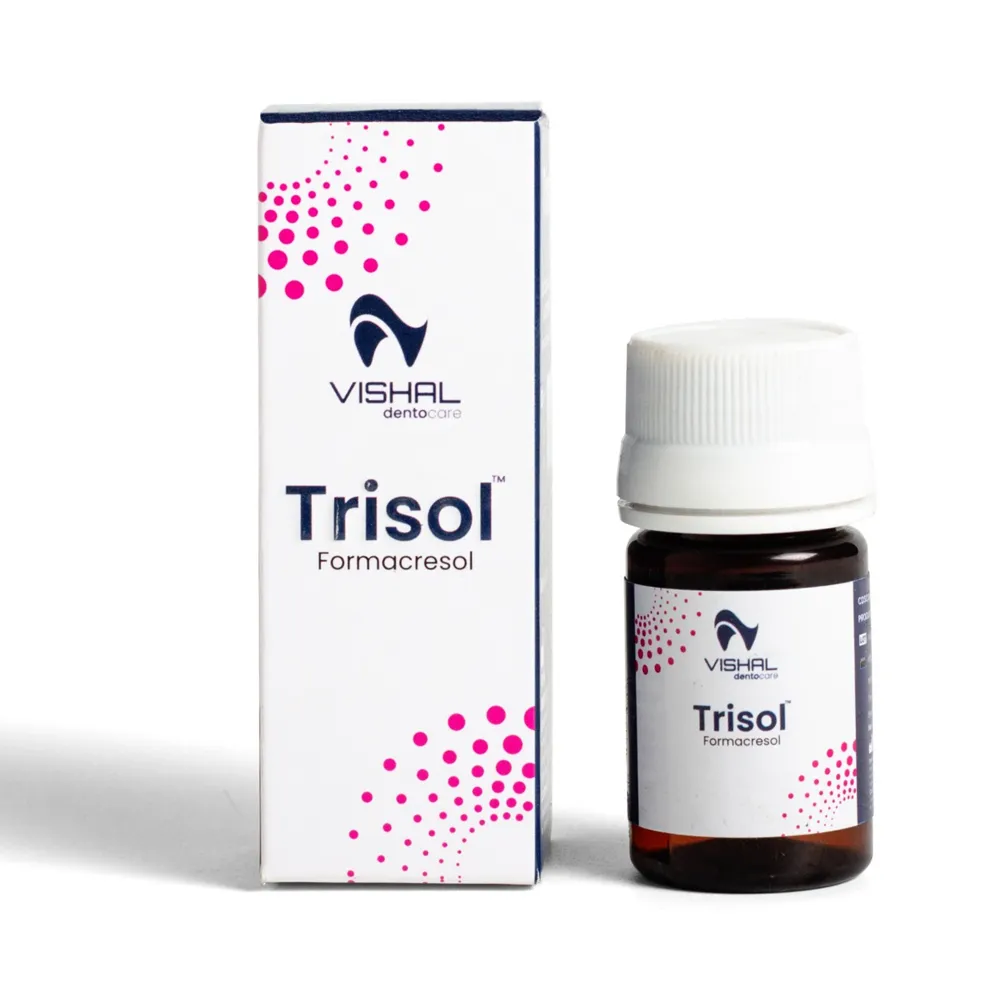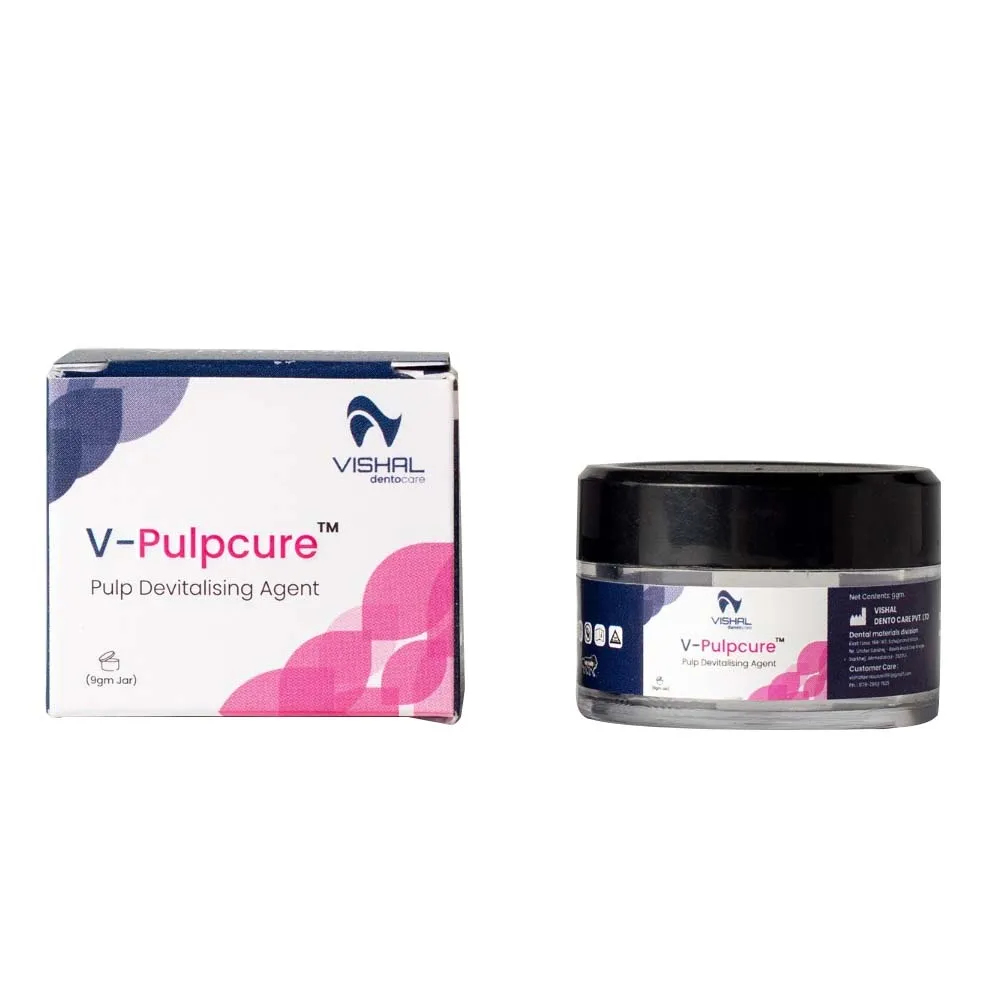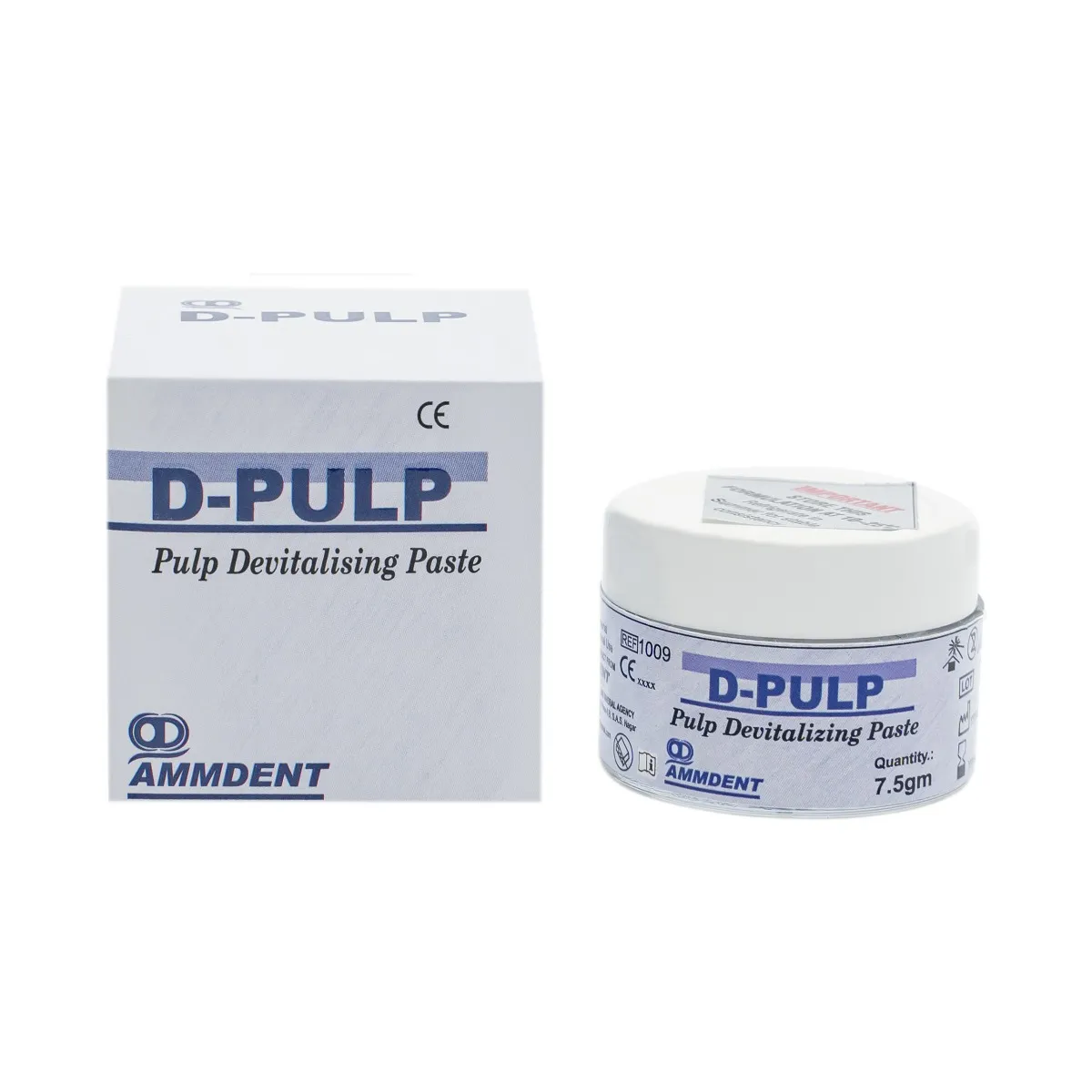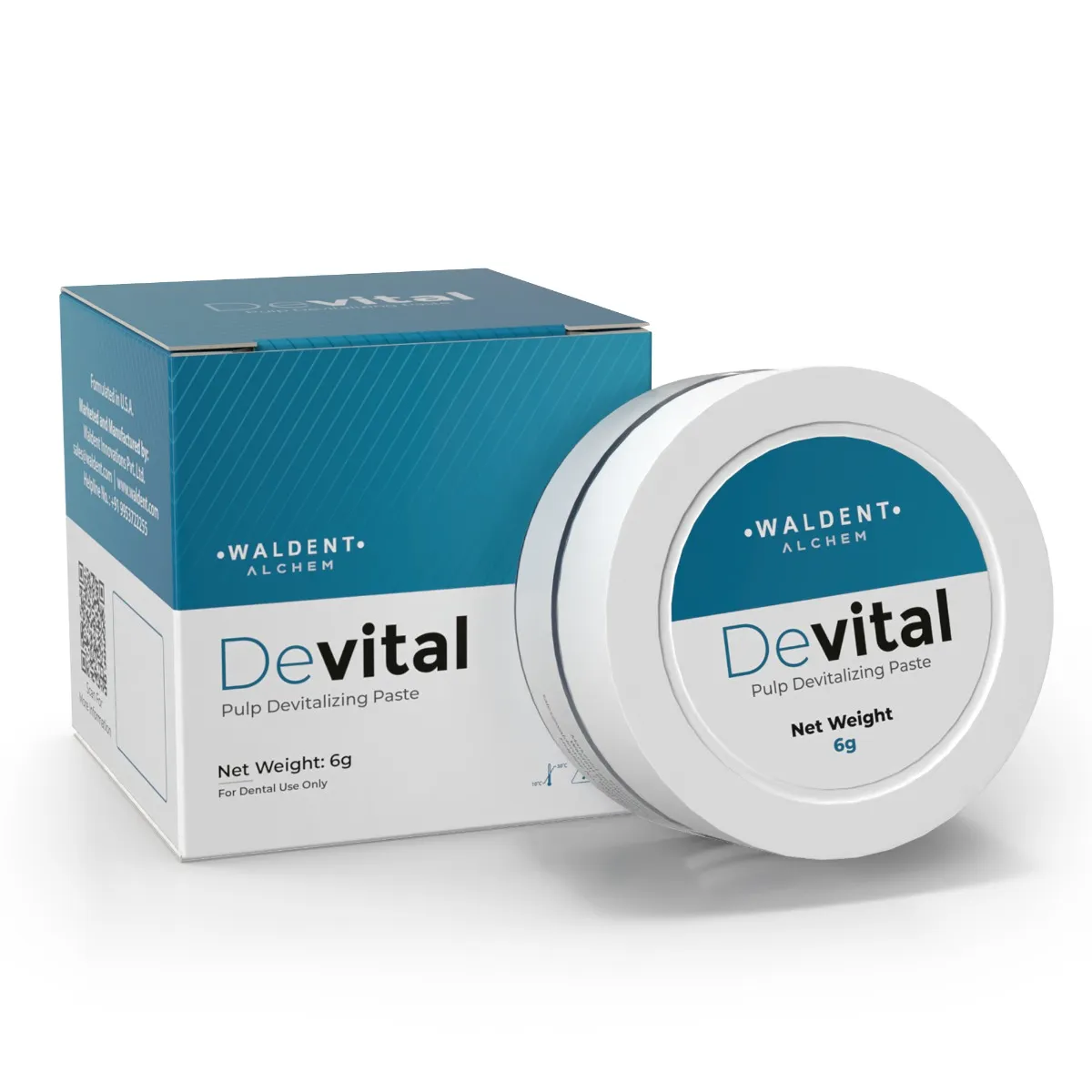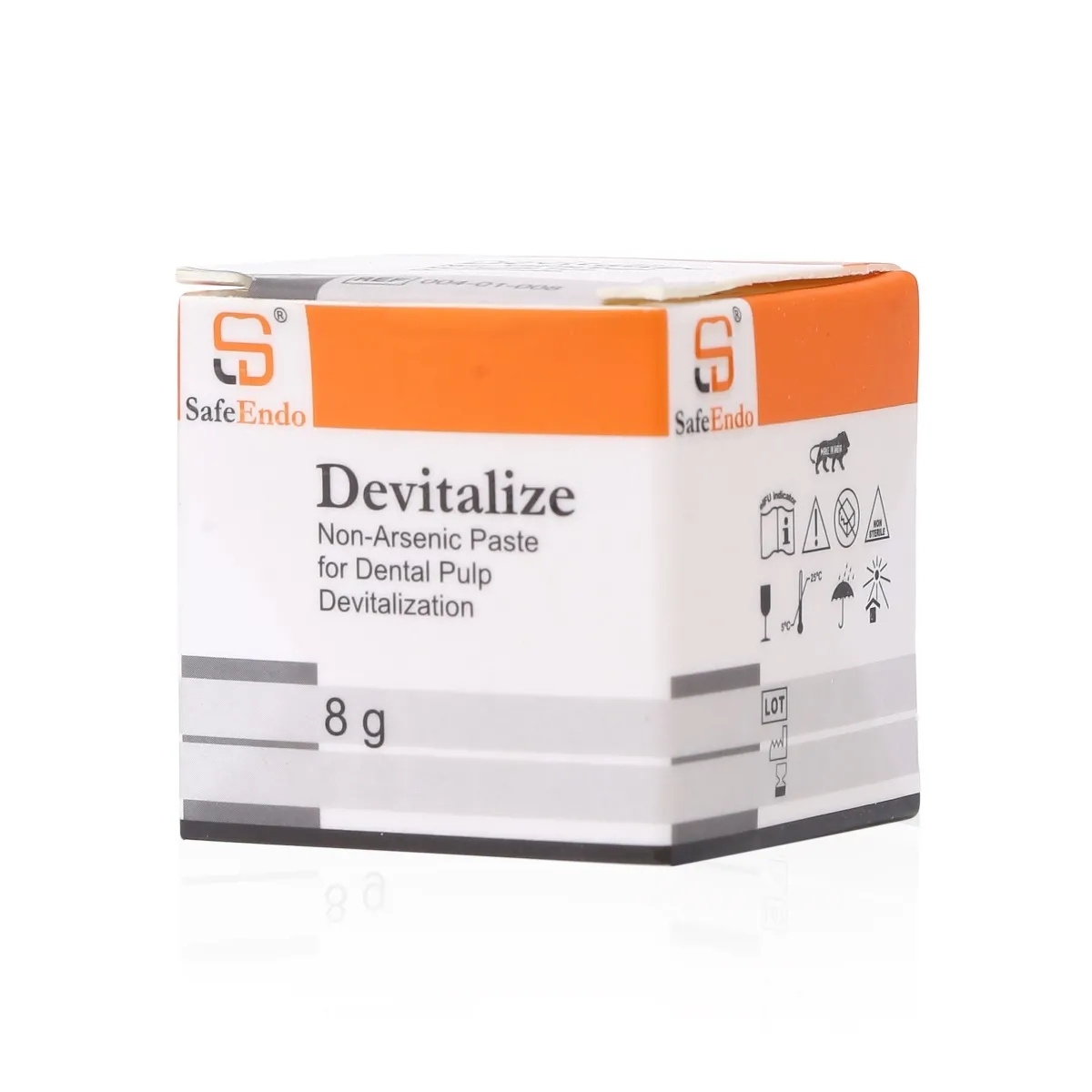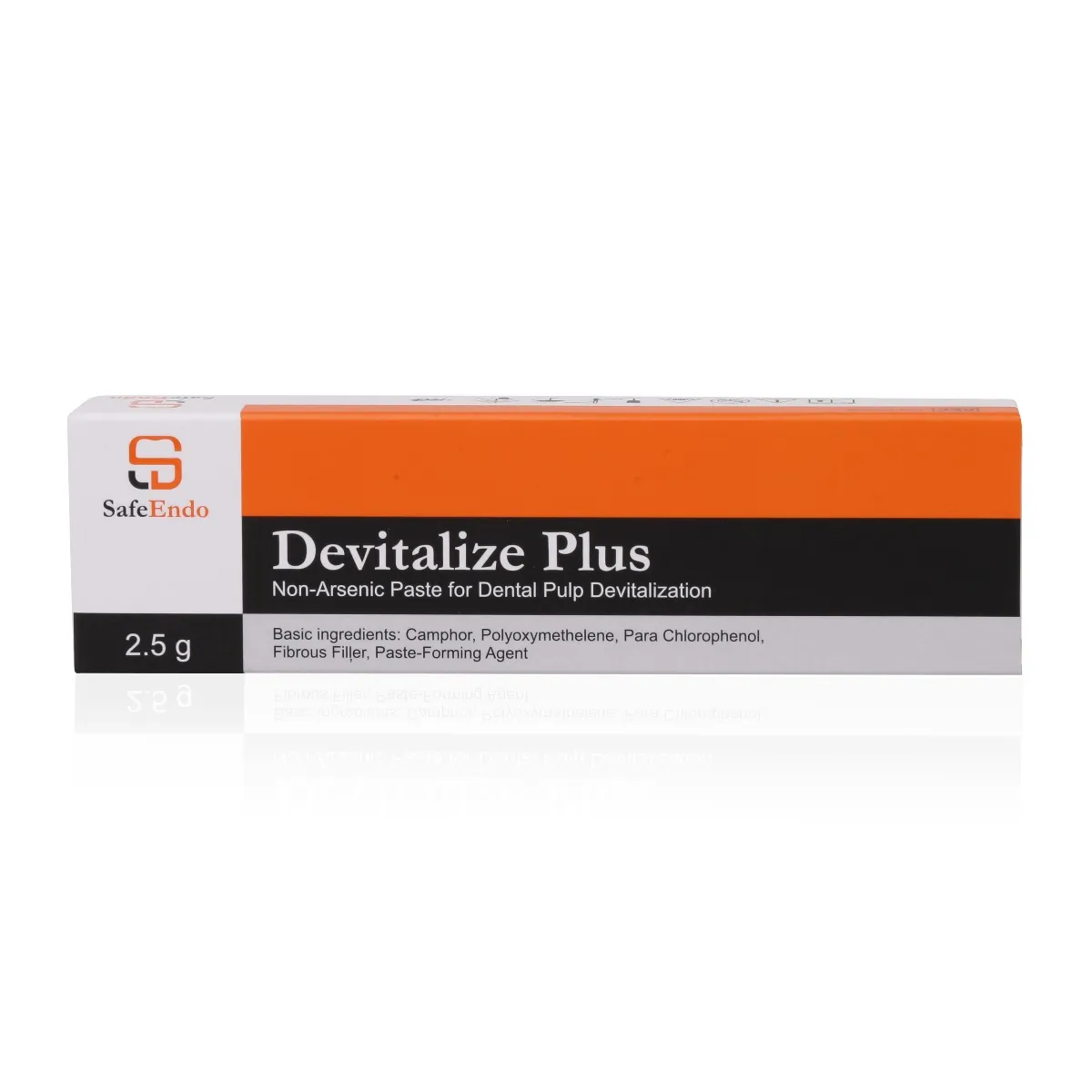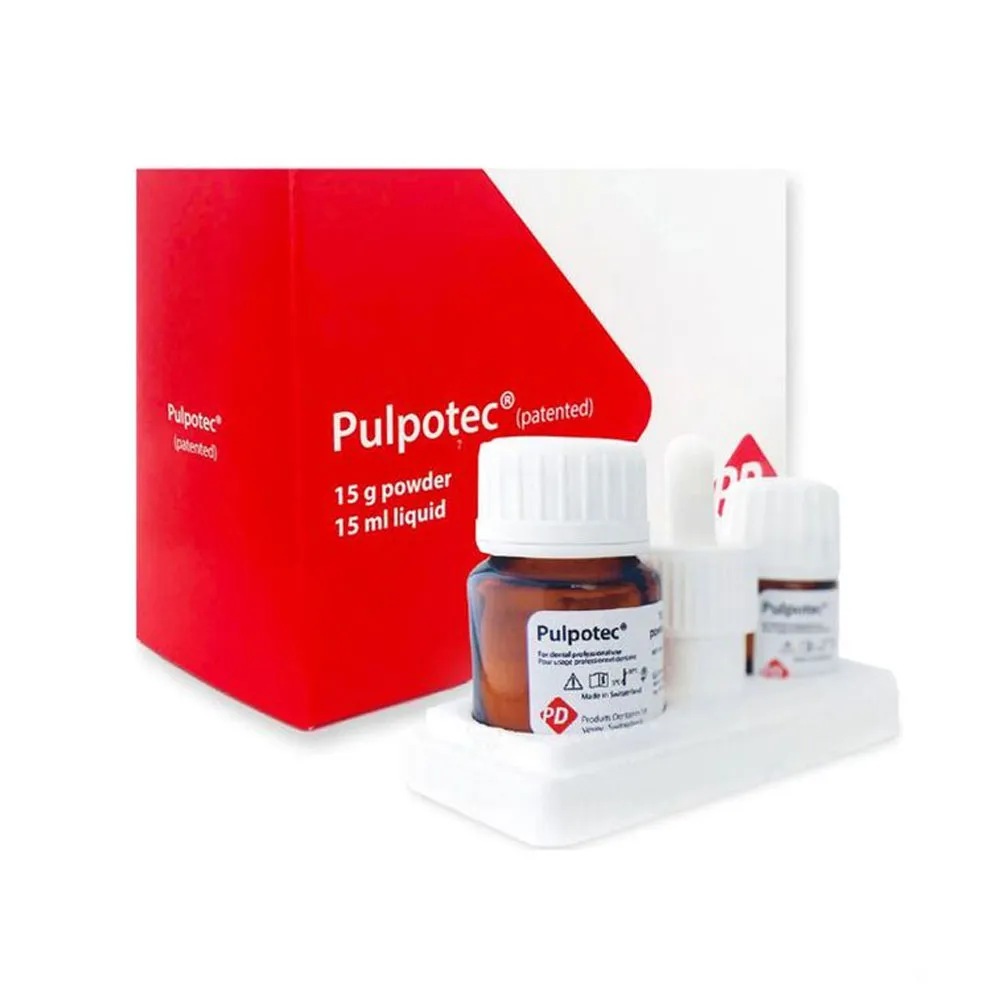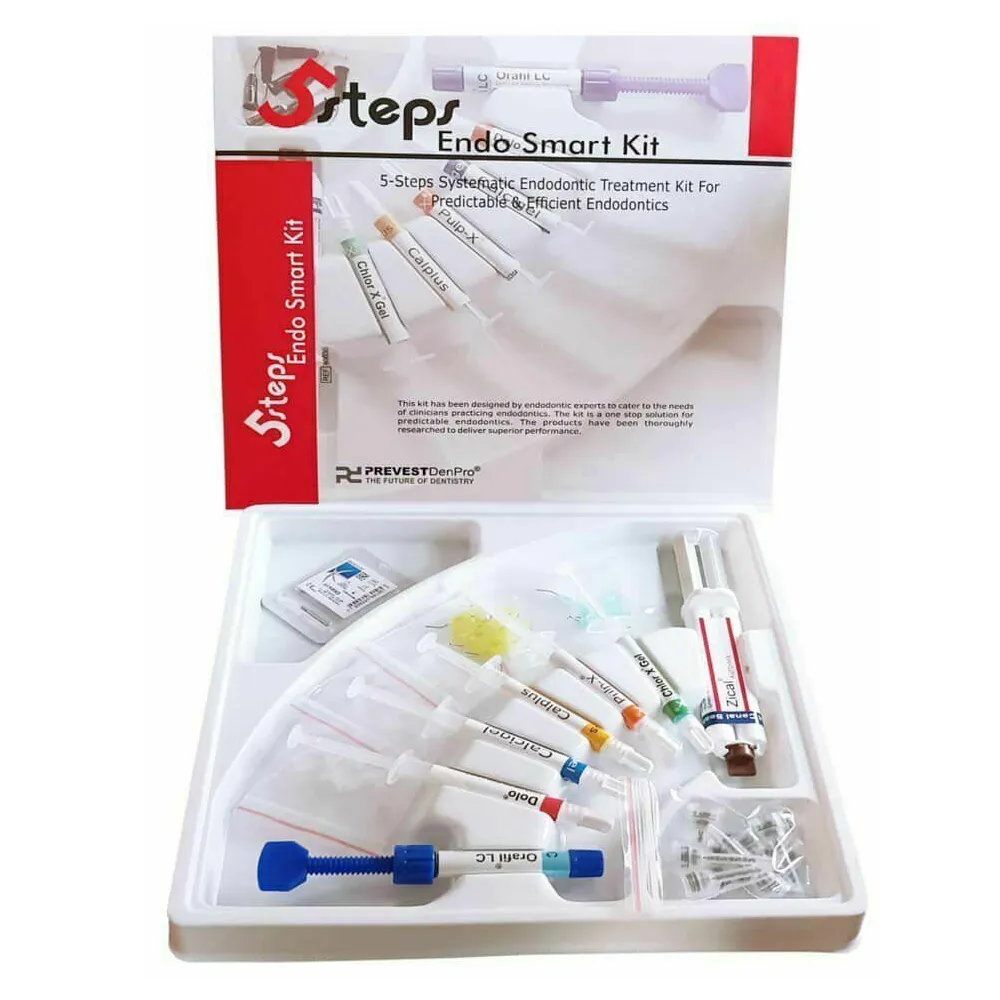Pulp Devitalizer: The Key to Dental Comfort and Health
Introduction:
In the realm of dentistry, ensuring patients' comfort and alleviating dental pain are paramount concerns. One common solution to address severe dental pain is pulp devitalization. This procedure involves rendering the dental pulp non-vital, effectively eliminating the source of pain while preserving the tooth's structure. Pulp devitalization is a vital aspect of endodontics, a specialized field focused on treating the interior of teeth.
Types of Pulp Devitalizers
Pulp devitalizers come in various forms, each designed to serve a specific purpose in endodontic procedures. Here, we explore the different types of pulp devitalizers commonly used in dentistry:
- Arsenical Paste: Arsenic trioxide-based pastes were traditionally used for pulp devitalization. However, due to safety concerns, they have largely been replaced by more biocompatible materials.
- Non-Arsenical Paste: These are contemporary pulp devitalizers that do not contain arsenic trioxide. They are considered safer and more biocompatible.
- Gel-Based Devitalizers: Some pulp devitalizers come in gel form. These gels typically contain active ingredients designed to devitalize the dental pulp effectively. Dentists apply the gel directly to the pulp chamber, where the active ingredients take effect, reducing or eliminating pain. Gel-based devitalizers offer ease of application and controlled placement within the tooth's pulp chamber.
- Injection Devitalizers: These are liquid devitalizers that are injected into the pulp chamber using a syringe. They provide a controlled and direct application.
- Paste Devitalizers: Paste devitalizers are a common type. They are applied directly to the pulp chamber using dental instruments and are designed to penetrate the dentin and devitalize the pulp.
- Cement Devitalizers: Some dental cement contain devitalizing agents and are used in indirect pulp capping procedures.
Dentalkart's Wide Range of Pulp Devitalizers
Dentalkart recognizes the significance of having access to a diverse range of high-quality pulp devitalizers. Dental professionals often have specific preferences or requirements when performing pulp devitalization procedures. Therefore, Dentalkart offers a comprehensive selection of pulp devitalizers under various trusted brands. Here are some of the notable brands available:
- Waldent: Known for its commitment to quality, Waldent offers reliable pulp devitalizers that meet the needs of dental practitioners.
- Ammdent: Ammdent provides a range of pulp devitalization solutions designed to ensure effective pain relief and tooth preservation.
- PD: PD's line of pulp devitalizers is trusted for their efficacy in managing dental pain and discomfort.
- Vishal Dentocare: Vishal Dentocare's pulp devitalization products are designed with patient comfort and treatment efficiency in mind.
- Maarc: Maarc offers a range of pulp devitalizers that combine effectiveness with ease of use for dental professionals.
- Prevest Denpro: Prevest Denpro's pulp devitalization solutions are known for their quality and clinical performance.
Why Choose Dentalkart:
Dentalkart has emerged as the preferred choice for dental professionals for several compelling reasons:
- Quality Assurance: Dentalkart ensures that all products, including pulp devitalizers, are sourced from reputable manufacturers committed to quality and precision.
- Competitive Pricing: Dentalkart offers competitive pricing, enabling dental practitioners to access high-quality instruments without exceeding their budgets.
- Diverse Product Catalog: Dentalkart's extensive product catalog covers a wide range of dental instruments, equipment, and supplies, making it a one-stop destination for dental professionals.
- Convenience: Dentalkart's user-friendly platform allows for easy browsing, selection, and purchase of dental products, saving practitioners valuable time.
- Timely Delivery: Dentalkart is dedicated to ensuring the timely delivery of orders, minimizing disruptions to dental practices.
- Customer Support: Dentalkart's responsive customer support team is readily available to assist with inquiries and provide assistance as needed.
Conclusion:
In conclusion, pulp devitalization plays a crucial role in relieving dental pain and preserving teeth. Dentalkart's commitment to quality, affordability, and a diverse range of pulp devitalizers empowers dental professionals to deliver optimal patient care. Choose Dentalkart for your dental supply needs and experience the difference in quality and service.
Q: What is a Pulp Devitalizer, and when is it used in dentistry?
A: A pulp devitalizer is a dental material or substance used to devitalize or eliminate the pulp tissue (nerve and blood vessels) within a tooth. It is typically used in cases of irreversible pulpitis, prior to performing a root canal treatment or tooth extraction.
Q: How does a Pulp Devitalizer work?
A: Pulp devitalizers contain active ingredients that chemically or mechanically devitalize the dental pulp, reducing or eliminating pain. These substances may include arsenic trioxide (in older formulations) or other biocompatible agents.
Q: Are Pulp Devitalizers safe to use?
A: Modern pulp devitalizers are designed to be safer and more biocompatible than older formulations containing arsenic trioxide. Dentists should follow manufacturer instructions and recommended safety practices during their use.
Q: How long does it take for a tooth to become non-vital (dead) after Pulp Devitalization?
A: The time it takes for a tooth to become non-vital can vary but typically occurs within a few weeks to a few months after pulp devitalization.
Q: Can Pulp Devitalization be performed on teeth with deep cavities or extensive decay?
A: Pulp devitalization is often performed on teeth with deep cavities or extensive decay that has affected the pulp. It's a way to save these teeth from extraction.
















